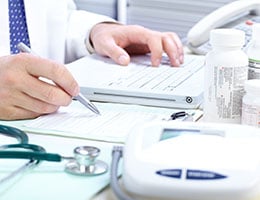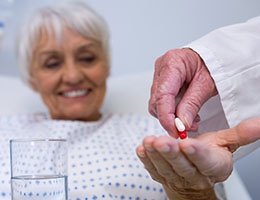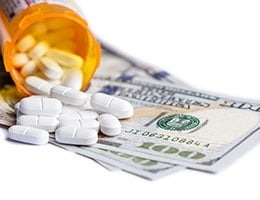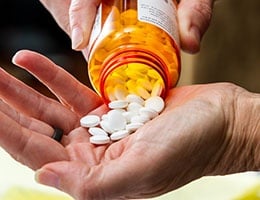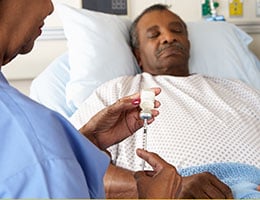
[6 MIN READ]
An adverse drug event (ADE) is defined as harm experienced by a patient resulting from exposure to a medication. An ADE can be caused by an error or poor care, but it is estimated that about half of ADEs are caused by a medication error; these are known as preventable adverse drug events.
Statistics are staggering; they reveal that ADEs lead to 700,000 ED visits, 100,000 hospitalizations, and between 7,000 and 9,000 deaths every year in the U.S. Even within the “safe” confines of hospital care, about 5% of hospitalized patients experience an ADE.
Opioid analgesic use in the hospital setting is usually safe, but it is also associated with serious ADEs. In this issue, we present a case of an adverse drug event that illustrates many of the features known to contribute to opioid-related ADEs in the hospital. Whether this ADE was preventable, treatable or unavoidable – you be the judge!


